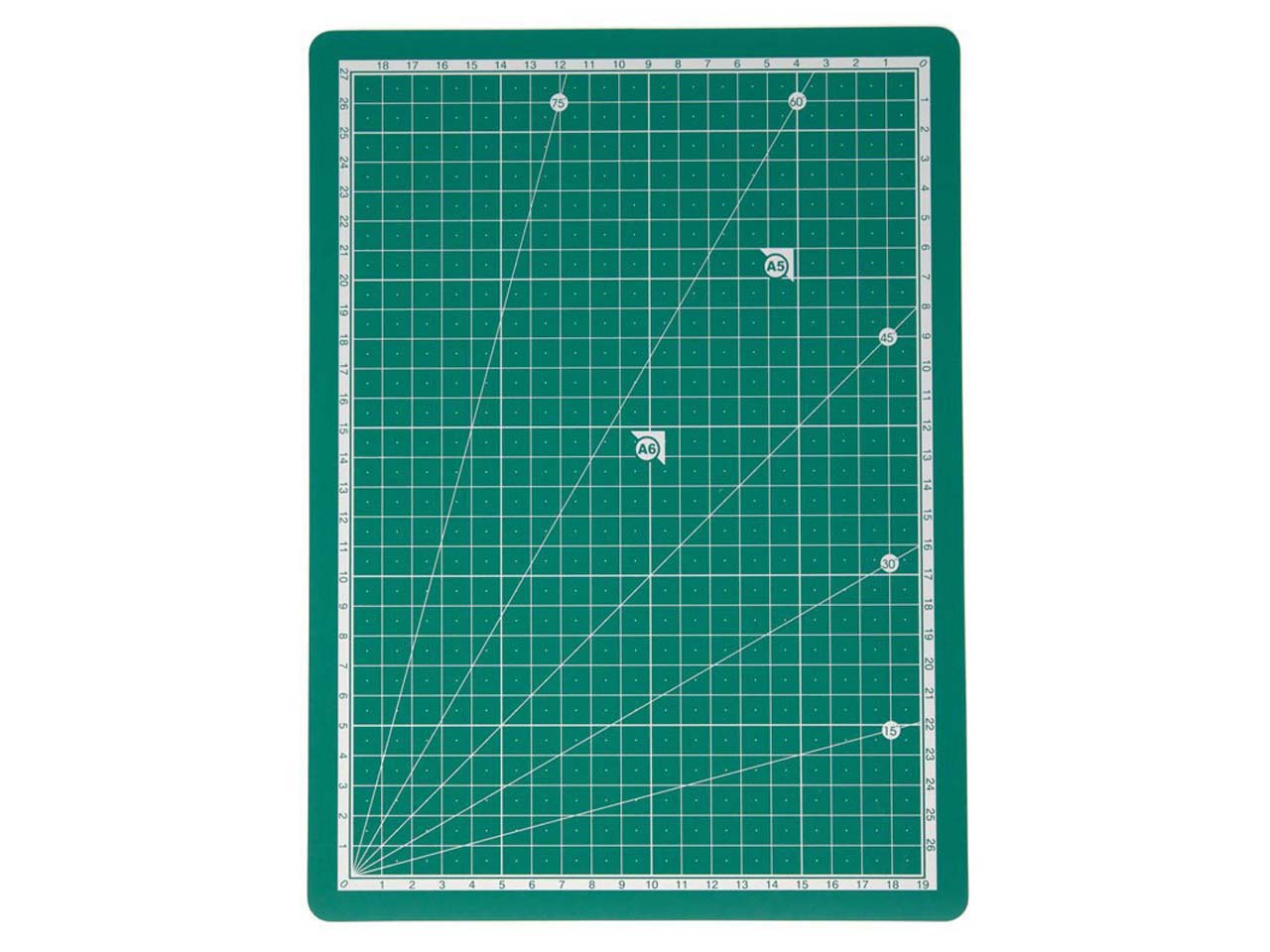

Free prescriptions and dental care information This is to check your body mass index (BMI) and is usually the only time you will be weighed unless you are overweight or underweight. Your height may be measured and your weight checked at your booking appointment.

They will also tell you about the ultrasound scans and screening and diagnostic tests that you will have. If you are worried about having your blood taken, tell your midwife and discuss it with them. Your blood will be tested to see if you have any conditions that might affect your baby. All women are offered this test. Your midwife or GP will offer you a blood test at this appointment. You may qualify for a free voucher for these supplements.

WHERE CAN I DOWNLOAD MAT B1 FORM PROFESSIONAL
You must not stop taking any medication when pregnant without speaking to a healthcare professional first. Their role is to give support and offer the right care. Women who manage depression or anxiety during their pregnancy have less chance of getting postnatal depression after the baby is born.Īnxiety and depression can be common in pregnancy and you will not be judged by your midwife or GP if you are feeling low. It is important for your midwife to know if you’re feeling depressed or anxious in your pregnancy – for your wellbeing and for your baby’s. Again, these are questions everyone is asked to help the midwife pick up signs of depression. Your midwife will also ask you some questions about how you're feeling now. You will also be asked about any specialist treatment you may have had for mental health problems. If you’ve had a baby before, they’ll also ask whether you had mental health problems during your pregnancy or after giving birth. You will be asked whether you have, or have ever had, a mental illness. This is something your midwife asks everybody, so don't worry, they're not singling you out. When you first see someone about your pregnancy - probably during your booking appointment - they will ask about your mental health. If you're not in contact with your baby's father or don't know much about his medical history, don't worry, any details you can give will be useful. If you don't understand why your midwife or doctor is asking you a particular question, just ask. For example, they may ask about your ethnic origin and that of the baby's father because some ethnic groups are more at risk than others of having certain medical conditions. Some questions may not seem relevant but there's always a good reason for them. You will also be asked about any other pregnancies you've had. You'll be asked about your health and medical history, your family's health, any medical conditions you have and your lifestyle. This will help them make sure you have the best possible care during your pregnancy. The antenatal team need to know about any particular risks you and your baby may have. Why all the questions just because I'm pregnant? This first visit may take up to an hour, although in some areas it might be split into two different appointments to make them shorter. The booking visit will usually happen when you are between eight and 12 weeks pregnant, and will ideally happen by the time you are ten weeks. If you start your antenatal care later than this, the booking appointment will happen as soon as possible You’ll get your pregnancy or maternity ‘notes’, which you'll need to bring with you to all your appointments. You’ll be asked for lots of information about your health and you’ll get lots of information about pregnancy Your booking appointment is the first official antenatal appointment.


 0 kommentar(er)
0 kommentar(er)
